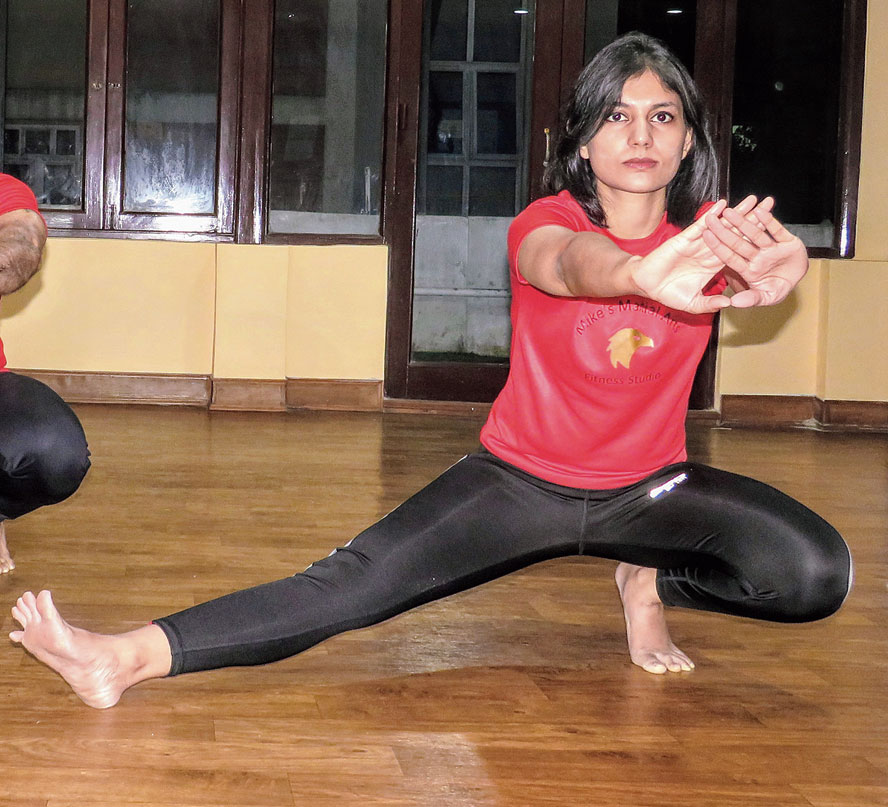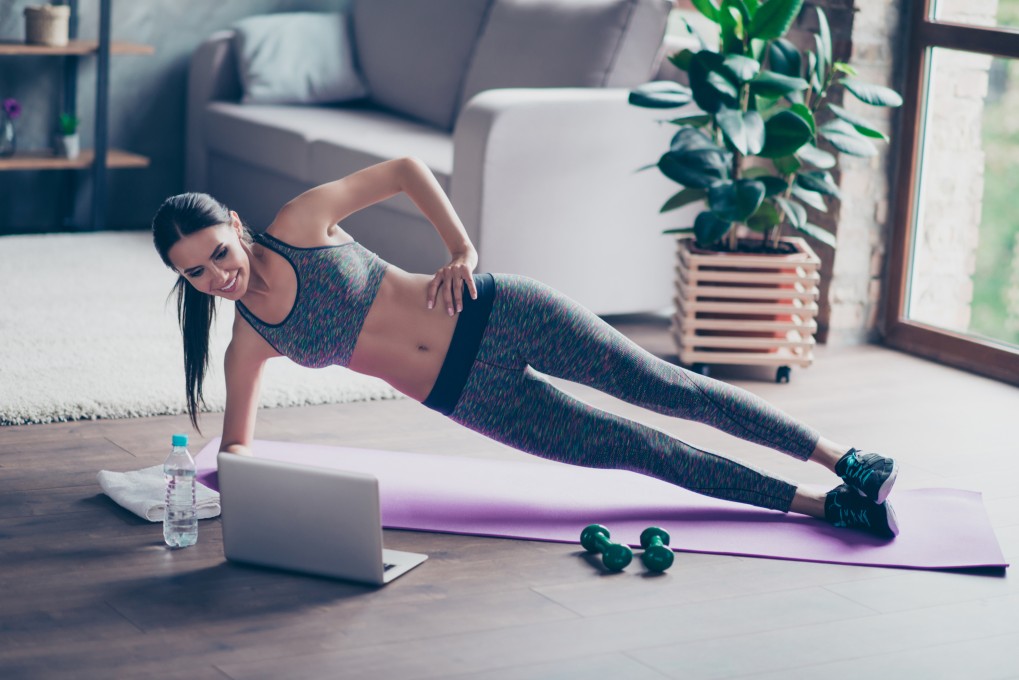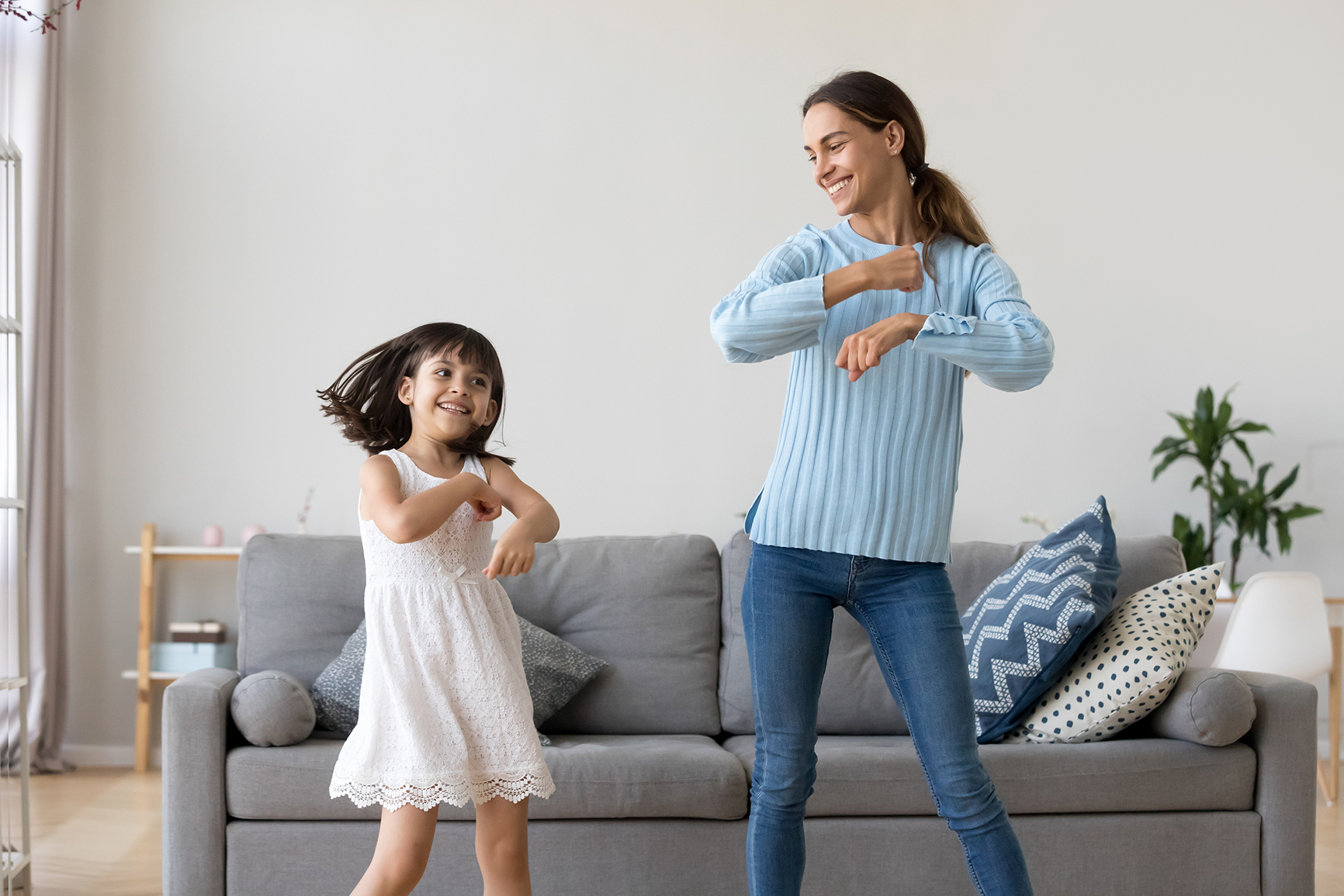Let’s face facts. The lockdown has been relaxed and to what extent we decide to keep ourselves isolated will soon be a matter of personal choice.
A recent survey claims that most people are raring to go out once lockdown is lifted. Not surprisingly, the activities most missed are walks and fitness.
But, before rushing into a gym, let’s discuss barrier management: creating a “Lakshman Rekha” around us.
Self health is best health
“An intake of natural immunity boosters such as ginger, garlic, amla, turmeric and probiotics like curd is best recommended,” says Calcutta-based clinical dietician Samriddha Dasgupta. Hydrating the body with lots of water and electrolytes is also important as the Indian summer sets in. Good exercise and a nutritious diet are the best immunity boosters and our strongest Lakshman Rekha.
Personal Protective Equipment (PPE)
- Wearing PPE during a workout is cumbersome. Masks, for example, restrict oxygen flow and make exercising a challenge, especially for people with pre-existing conditions such as asthma. Competent fitness coaches will, however, devise programmes around such limitations. A list of recommended PPE:
- Masks: Talking, deep breathing, coughing or sneezing introduces viral load in the air. Masks greatly reduce the possibility of their transmission.
- Gloves: Full-finger gym gloves are a barrier from contaminated surfaces. They are also a constant reminder that we should not touch our face or rub our eyes.
- Footwear: Exercise barefoot or use footwear that is exclusively meant for the gym. Dirty footwear is a strong contributor to surface contamination and should be left outside.
Hygiene
- Wash or sanitise hands before and after a gym session.
- Thoroughly wash gym gear and clothing after every use.
- Carry your own water bottle, towel, yoga mat and other personal gear.
- Although not medically confirmed, steaming your face for 10 minutes and salt water gargle is a good practice to follow in any case.
COVID-19 spreads primarily through respiratory droplets emitted by infected persons when they cough, sneeze, talk or simply exhale. A sneeze, for example, can transmit the virus from anywhere between 1.5 to 10 feet. So, in case of any symptoms, do not venture out as you might risk infecting others.
Institutional responsibilities
- Stringent measures to minimise the risk of infection must be implemented by gyms and health clubs. These should include:
- Temperature screening, hand sanitisation and enforcement of PPE protocols for all members.
- Restricting entry of members from containment zones.
- Social distancing by restricting attendance per session, establishing workout grids during group fitness sessions and discouraging pair activities.
- Sanitisation and good ventilation.
- Clients should check with the gym and ensure precautions taken are in line with their expectations.
Children’s fitness classes
WHO recommends 60 minutes of physical activity in a day for children aged between five and 17 years and 180 minutes a day for those less than five years. Being active during a pandemic is a challenge. “Looking at current trends, it is better for children to remain at home,” says Jigna Bathia, resident paediatrician at CMRI. As physical activity in children not only prevents weight gain but boosts immunity, reduces anxiety and promotes sleep, Bathia strongly recommends that children continue their fitness training through guided online classes.
Always consult a professional before starting on a workout.
The writer, a martial arts and fitness coach, is the founder of Mike’s Martial Arts, a Calcutta-based martial arts and advanced functional fitness studio. Contact: mayukhpb@yahoo.co.in













